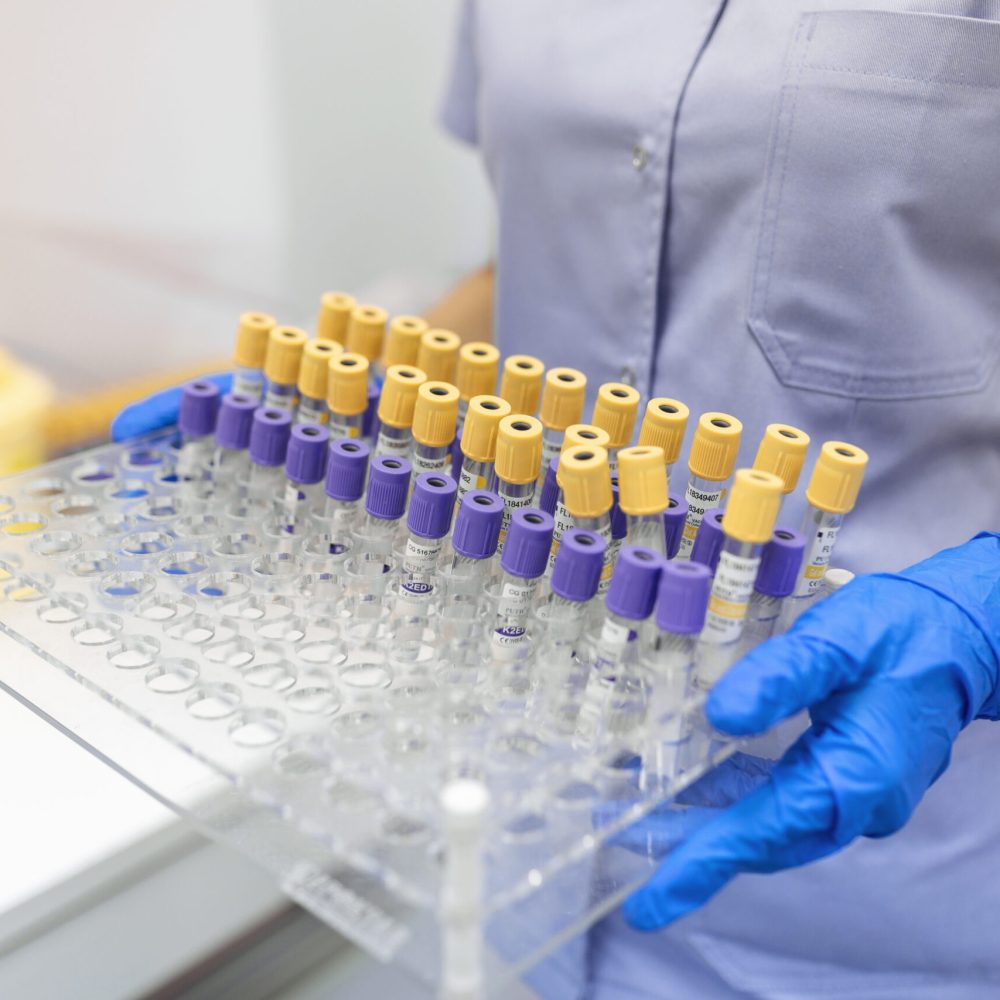
Exploring hormones: Our powerful messengers
Hormone assays measure hormone levels in blood, urine, saliva or other body fluids. Hormones regulate growth, metabolism, reproduction and stress response.
Advantages
- Diagnoses hormonal imbalances
- Measures hormones.
- hormonal therapy.
- Outlines hormone regulation.
Hormone Assay Proficiency
With hormone tests, unlock your innermost secrets and redefine your sense of energy.
Hormone Assay Results
A physician will take a specimen of the patient's body fluid and provide it to a lab for a hormone assay. Hormone assays can diagnose and treat diabetes, thyroid disorders, infertility and hormonal imbalances. Multiple measurements may be needed to confirm a diagnosis or monitor treatment because hormone levels fluctuate throughout the day and are affected by stress, medications and diet.
- Tracking hormone levels over time can help identify health issues
- Aids in the direction of treatment decisions and the monitoring of treatment efficacy
- Can detect hormone imbalances that do not manifest as symptoms
- require a small blood, urine, or saliva sample and are non-invasive.
Reduced Sperm Count: Causes and Solutions
Lower sperm count, also known as oligospermia, is a condition in which the amount of sperm in a man’s semen is beneath the normal range.
Frequently Asked Questions
A hormone assay is a lab test that assesses the concentrations of particular hormones in blood, urine or other bodily fluids.
Thyroid hormones, sex hormones (such as testosterone and oestrogen), cortisol, insulin, growth hormone and many other hormones can be measured using hormone assays.
The amount of time it takes to get the results of a hormone assay depends on the specific test and the lab doing the analysis. Test results are typically available in 2 – 72 hours time.
The frequency with which hormone assays are performed is determined by the individual’s medical history, symptoms and treatment plan. Some people may need to be monitored on a regular basis, while others may only need to be tested once or twice.
Hormone assays, which measure levels of human chorionic gonadotropin (hCG) in the urine or blood, can be used to detect pregnancy.
Hormone assays are carried out to identify and track disorders and diseases linked to hormones, to inform treatment choices and to assess the effectiveness of treatment.
